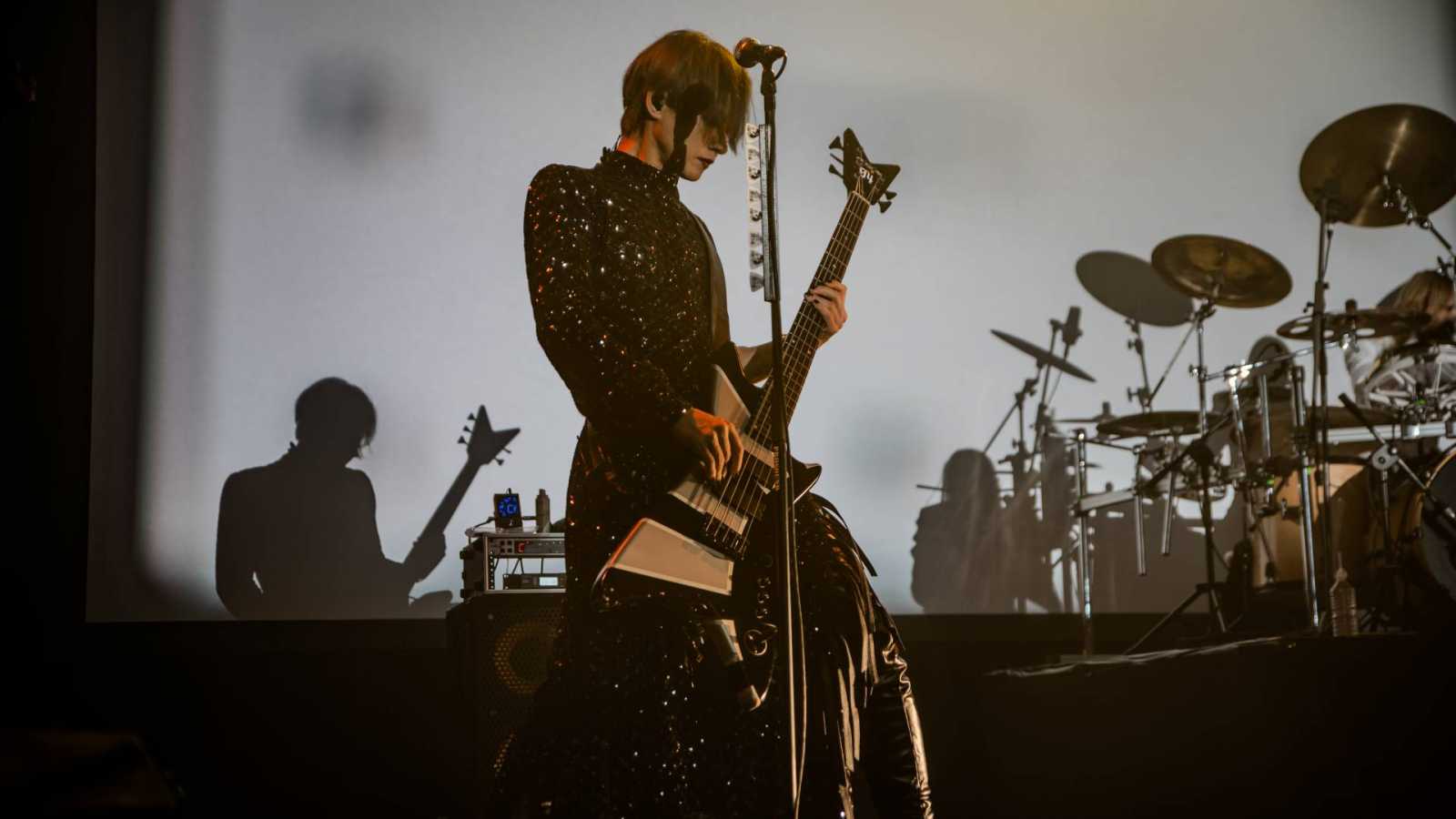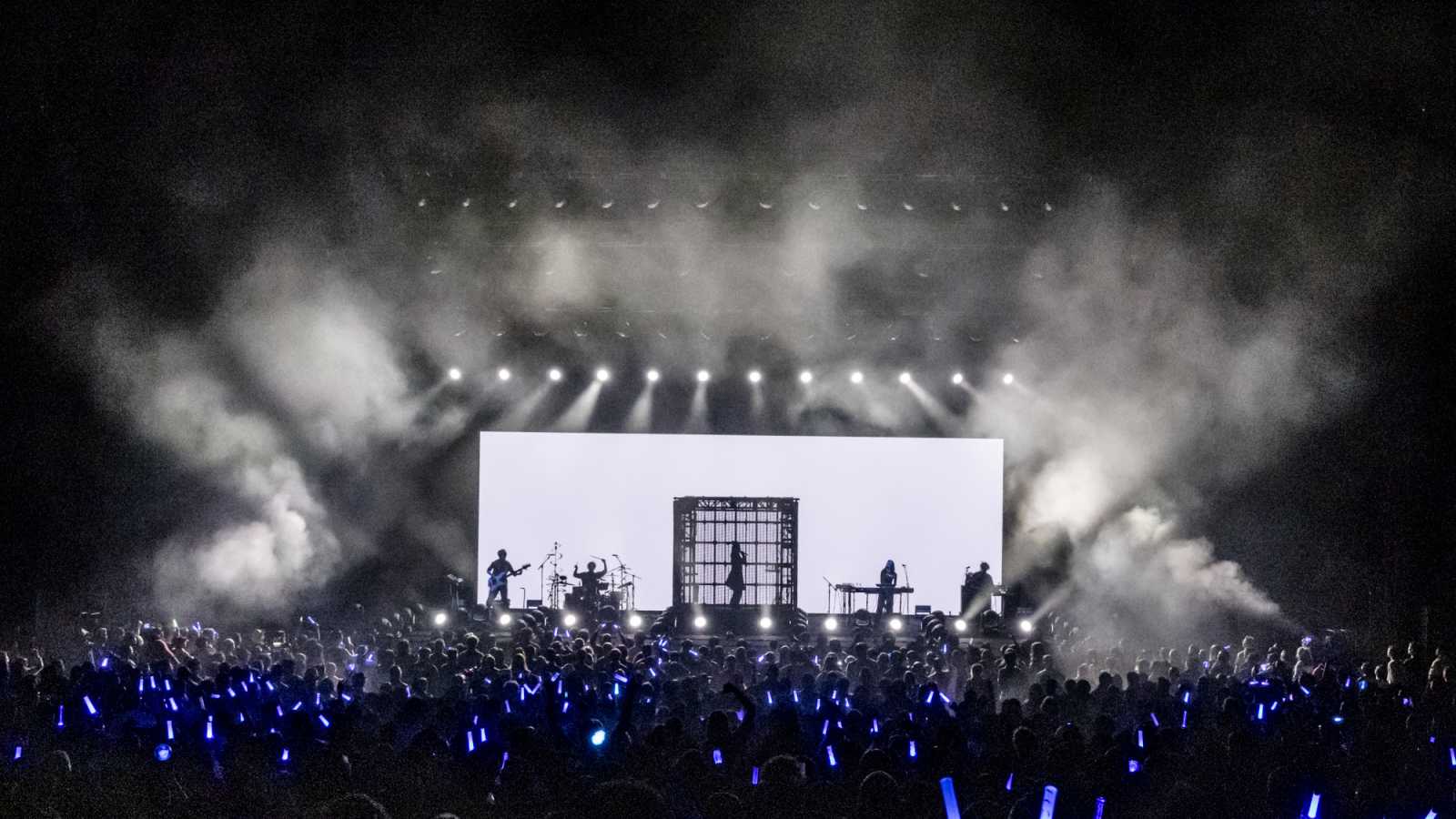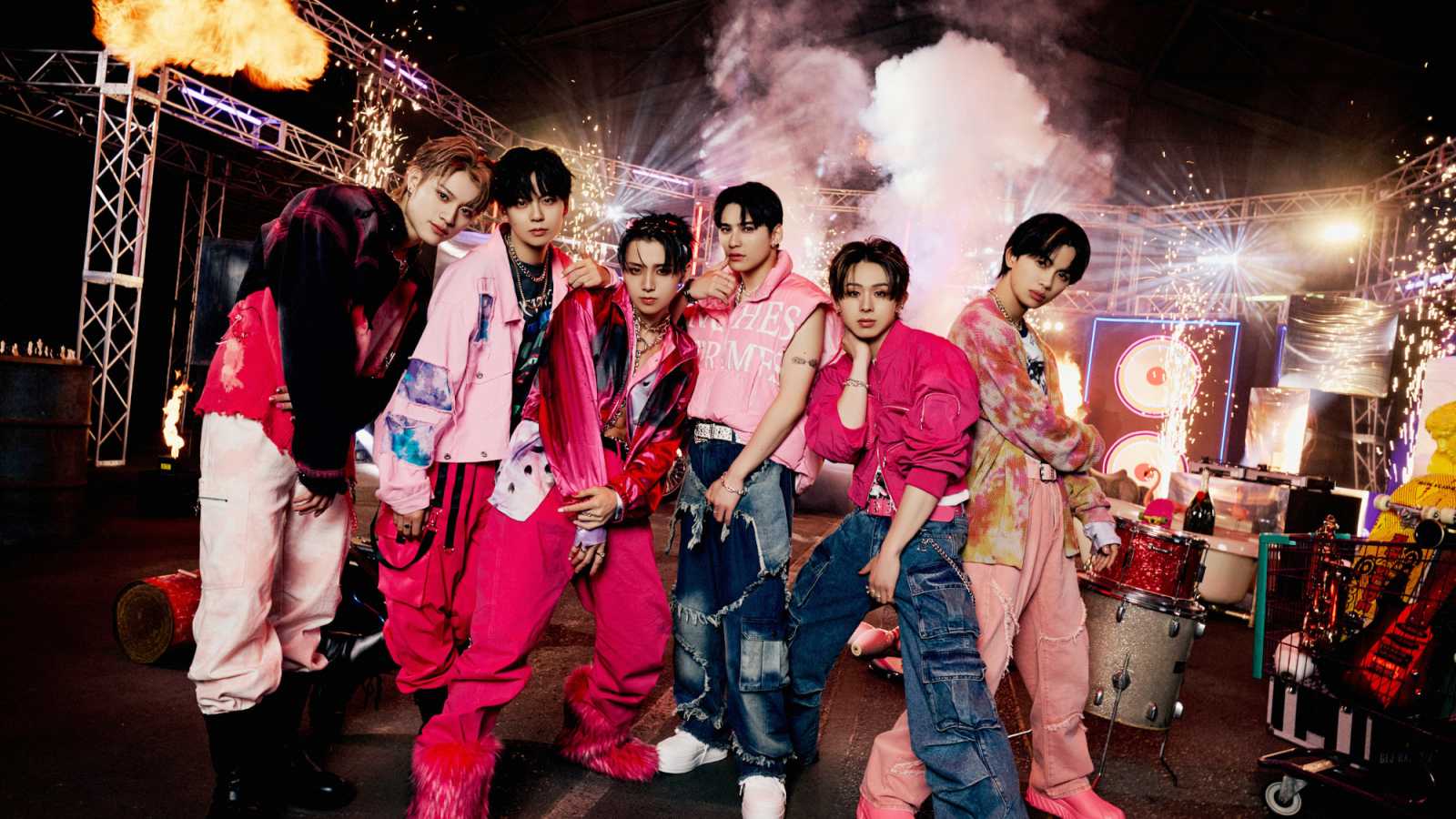A review of Best of MUCC's misleading counterpart.
Worst of MUCC is the not-so-identical twin release of the two-type album Best of MUCC. Despite its misleading title, this album is a great listen and is a prime example of MUCC‘s earlier sound.
Aka is somewhat of an unusual choice for the starting track on an album, as it's slower, a bit repetitive and doesn't quite grab hold of or draw in the listener as well as some of the other songs. To get an early start on mixing things up, the edgy and full of distortion Zetsubou is next. For a great number of fans, this was the song that got them hooked and listening to MUCC in the first place.
Bouzenjishitsu is a hard-hitting song that many fans, and probably non-fans alike, can completely let loose and just rock out to. This is a good choice to put after Zetsubou to keep the heavy feel going. Though, the next song, Hakanakutomo is the polar opposite of it's predecessors, absent of the previous two tracks' constant guitar distortion and hard vocals.
Tsubasa wo Kudasai (the MUCC original, not the cover by the same name) seems somewhat out of place, as it seems to shadow the band's newer style as opposed to the rest of the tracks that represent years passed. Yoru, the next track, seems scattered and all over the place, but is a great example of showing how much MUCC has grown since the time of its original release.
A different version of the energetic concert staple Suimin appears on the album, and it's almost immediately clear that the live version is about a hundred times better than this recording of the song. This is not an unusual occurrence, though, as some songs are just meant to be played live. Following Suimin is the often overlooked Ieji and while despite being a good song, another recording could possibly give it the edge it seems to lack.
Next, in stark contrast to just about everything else on the album, is the slower-paced, heart-wrenching Ayatori; a great show of how emotional Tatsuro‘s voice can be. For a bit of a pick me up, yet another live favorite, is Mae e. This song is much more fun and will easily make one forget the pain of Ayatori. Following along with the concert regulars comes Ranchuu, the fast-paced, guitar-driven song with just enough anger mixed in. The follow-up track, Dilemma, is an alternative to the guitar heavy songs and opens immediately with a catchy bassline. This song has a bit of everything mixed in, and instead of sounding jumbled it all manages to come together nicely.
Danzetsu may have been the world's first look at mellow, mournful MUCC. This sound may have been unexpected by many, but that doesn't change that they unquestionably did very well with this song. This gives way to the crown jewel of the album: Shikenkan Baby, a previously unreleased track. It may disappoint those who were expecting a rare and unfamiliar track, as it seems to be the song that eventually became Nageki tori to Doukejin; the two sound almost exactly alike.
To end the album is the throwback of all throwbacks, Shoufu, which appeared on MUCC‘s very first single release. Despite sounding a bit spotty, jumbled, and occasionally too cymbal-heavy, one can hear that the base of the band's sound lies beneath.
For anyone curious about what MUCC sounded like at the beginning of their long career, this is a great way to quench that thirst without the pain and expense of hunting down the elusive, long out-of-print releases. For older fans, this album still has a bit of newness to it as it presents several new recordings of old favorites. If you bought Best of MUCC, pick up this album too, to have a view of both sides of the spectrum.



